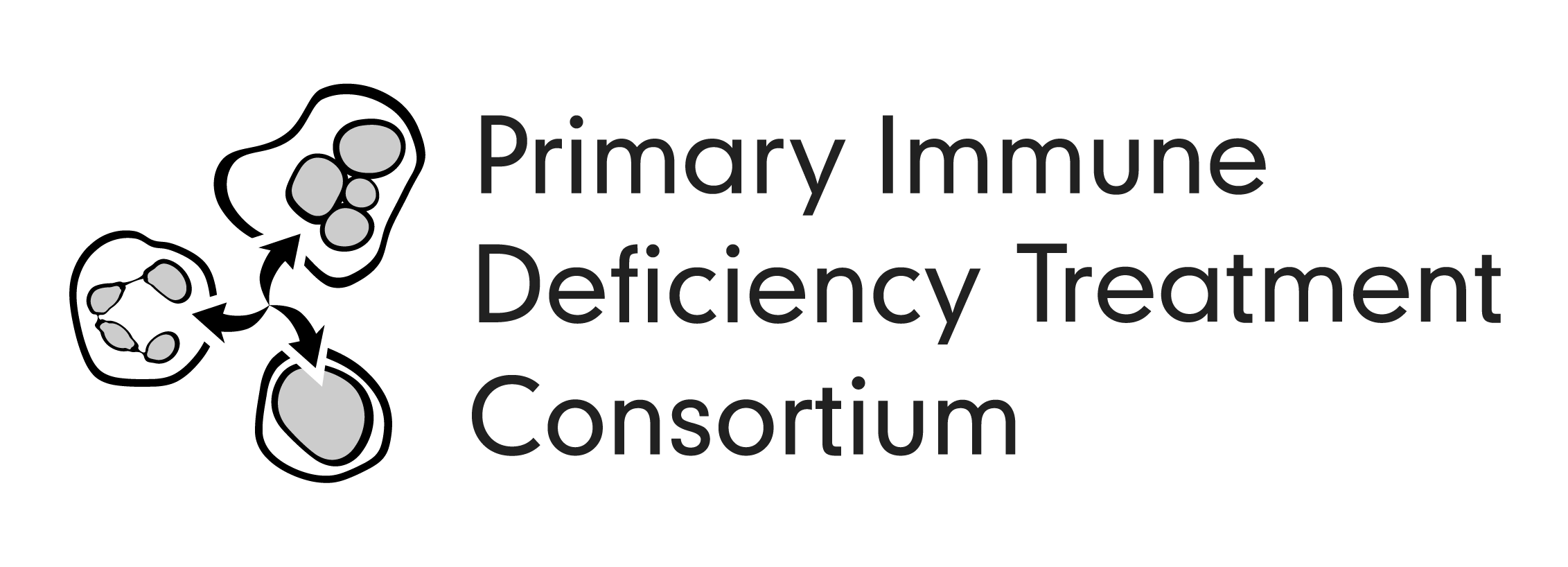Diseases Studied
The Rare Diseases Clinical Research Network is an NIH-funded research network of 21 active consortia or research groups working to advance treatment for diseases that are rare. Use the search tools on this page to find the diseases we currently study. You can reach out to the indicated consortia or research groups for more information on those diseases and studies underway.
This network focuses on clinical research and does not generally support clinical care outside of research activities. To learn about other rare diseases, please visit the Genetic and Rare Diseases Information Center (GARD), which is an NIH program that helps the public find reliable information about rare and genetic diseases. Their staff are specialists. Contact them at 1-888-205-2311 or email GARDinfo@nih.gov.
All Diseases > Primary immune regulatory disorders
Primary immune regulatory disorders (PIRD)
Alternative Names: Immune Dysregulatory disorders, IPEX-like disease
Disease Category: Primary Immune Deficiency Disorders
A diverse group of rare genetic conditions in which the immune system does not respond appropriately to challenges or is not appropriately regulated in its responses. These changes in the immune response can lead to underactive or, most commonly, overactive immune function. This is called immune dysregulation.
Research groups studying this disease
Primary Immune Deficiency Disorders

Primary Immune Deficiency Treatment Consortium (PIDTC)
Recruiting
6906: Primary Immune Regulatory Disorders (PIRD): Longitudinal Study of Clinical Presentation, Treatment and Outcomes
This study focuses on the natural history of patients with PIRD to help collect data on ideal therapies for these patients. There are two groups that are being studied. The first group enrolls patients who have clinical symptoms commonly seen in PIRD. These patients can have a known or unknown genetic defect. We will collect retrospective data from the medical chart and follow these patients over time prospectively. This study will help characterize the clinical symptoms and responses to treatments both medications and bone marrow transplant. The study will collect data yearly from the clinical record. There will also be research samples at the start of enrollment and one year later. If the patient receives a bone marrow transplant, research samples will be collected one month prior to transplant and a year later. The second group is focused on family members of PIRD patients enrolled in the first group with a known genetic mutation. These family members will have the same genetic change but do not have clinical symptoms of PIRD. These participates will answer yearly questionnaires to monitor of symptoms.
